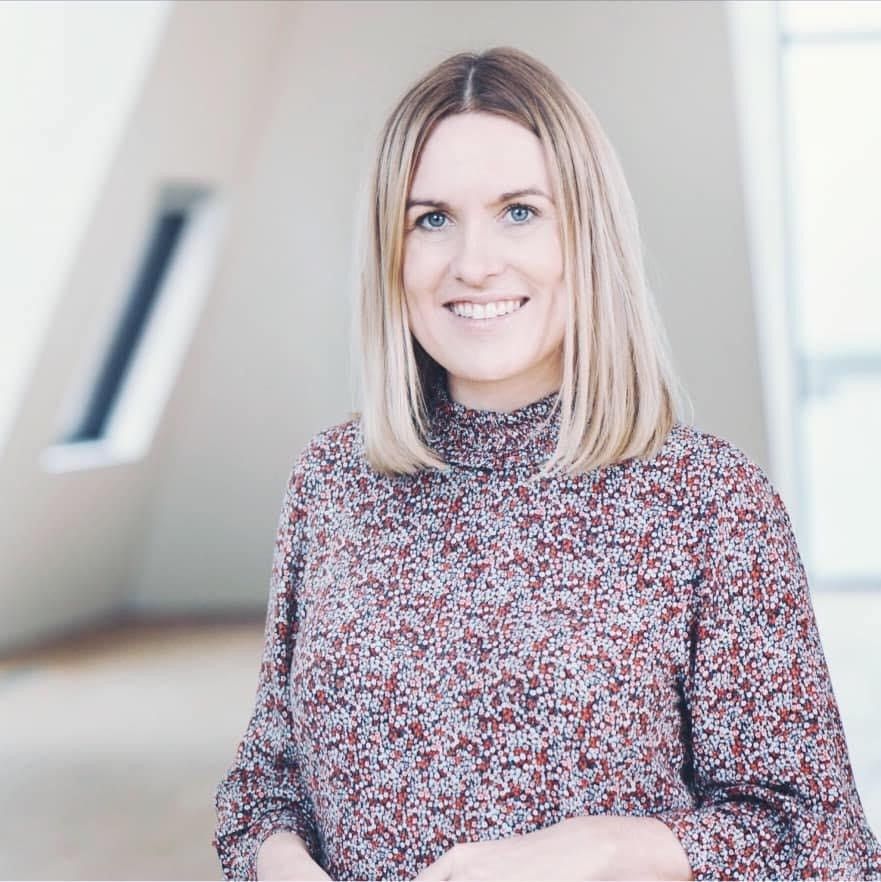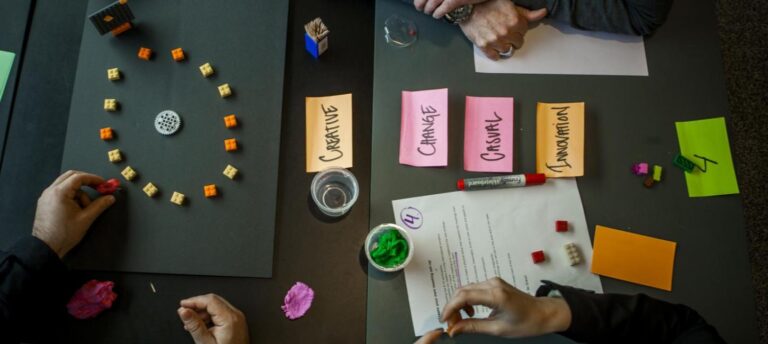Association leaders and meeting organizers have integrated legacy into congresses for years, though the global pandemic has elevated legacy from optional add-on to necessary element. The idea of meetings leaving a positive and lasting impact on the host destination has become so integral that Wonderful Copenhagen introduced a dedicated Copenhagen Legacy Lab (CLL) at the BestCities Global Forum in 2019.
Acting as a nexus to connect international congresses held in Copenhagen with local business and science communities, and the public, CLL strives to make conferences meaningful by integrating legacy work before, during and after the event to make sure true partnerships are established.
What does legacy look like?
A recent example of legacy work supported by CLL is European Society for Radiotherapy and Oncology (ESTRO), whose congress will be held in Copenhagen in 2022. Legacy will take centre stage, within the ESTRO 2030 vision “Optimal Health for All, Together” endeavouring to enhance multidisciplinary collaboration across Europe while instituting a policy to reduce patient waiting lists. Another example is WindEurope Electric City (November 23-25, 2021), which will promote wind energy as a key component of the global energy transition by mobilizing a large stakeholder group to implement activities ranging from an Innovation Park to local talent attraction and development activities.
Meet Annika Rømer
“Legacy projects encompass an emerging paradigm rooted in sustainability and giving back to the community, which is why Copenhagen Legacy Lab was created,” said Annika Rømer, senior manager of CLL. “Weighting the four P’s – purpose, people, planet, and profit – can be a major challenge, but it also uncovers incredible opportunities to build a healthier and more sustainable society while positioning the meeting sector as a catalyst of positive change.”

Having spent her professional career identifying, designing, testing, building, measuring and communicating impactful, future-facing solutions for global and Norwegian organizations across related markets, Rømer is no stranger to legacy. Prior to joining Wonderful Copenhagen, she collaborated with futurists, co-working and real estate providers supporting ‘new ways of working’ including platforms for purpose-driven startups and corporate innovators at Talent Garden Rainmaking. Prior to that, she was enrolled in an accelerator program at Impact Hub, a global network for impact startups, where she engaged in testing social innovative business ideas and further did research, writings and promotion of social innovative enterprises. The journey began back in 2008 where she was part of building PwC Denmark’s Sustainability Advisory Services. Rømer joined Wonderful Copenhagen in February 2021 as senior manager of CLL, where she is tasked with developing and driving initiatives that identify long-term impact from future congresses.
“I believe congress organizers need to take a holistic approach towards legacy planning,” said Rømer. “For example, let’s consider the congress as a tree through a legacy lens. The treetop illustrates the conference’s purpose, mission and strategy. The tribe is the governance structure, including outreach activities, reporting principles and measurements. The roots are stakeholders – including local business society, research communities and citizens – who provide the tree with nutrition. If you don’t consider how these elements are linked, your conference might posit a sustainable purpose, but you won’t achieve a strategic, systematic and long-term legacy.”
How does the Copenhagen Legacy Lab work?
Copenhagen Legacy Lab has made the legacy-building process easy for associations, planners and stakeholders, with an eye towards easy and ongoing integration of activities that positively benefit the association and destination alike. The process is simple: after engaging association leadership in reflection and assessment of the congress’s legacy potential, the team facilitates stakeholder engagement and identifies the strategic goals of both the host destination and the association.
Next comes a cornerstone of the process: an ideation workshop, where association leadership and key stakeholders align their respective visions, strategies and legacy goals, and brainstorm activities that can support desired outcomes. Copenhagen Legacy Lab will monitor consolidation and progress of the agreed-upon activities, and offer ongoing support to ensure they are executed as envisioned.
How do you measure conference impact?
While implementing legacy projects has become a key part of congresses globally, measuring their impact is equally important to track progress and provide tangible evidence of the meeting’s value and contribution to society. Associations, businesses and destinations can refer to BestCities’ report “Advancing Event Legacies through Impact Measurement” to learn how to measure legacies and track progress towards organizational goals.
For more information about Copenhagen Legacy Lab, visit www.wonderfulcopenhagen.com/cll
Follow Copenhagen CVB and CLL on LinkedIn
RSVP to Incredible Impacts Kick Off
Interested in learning more about Legacy? Join BestCities on 4 March for the Incredible Impacts Programme Launch where we’ll discover the Art of Impact together with our partner ICCA. RSVP here.
